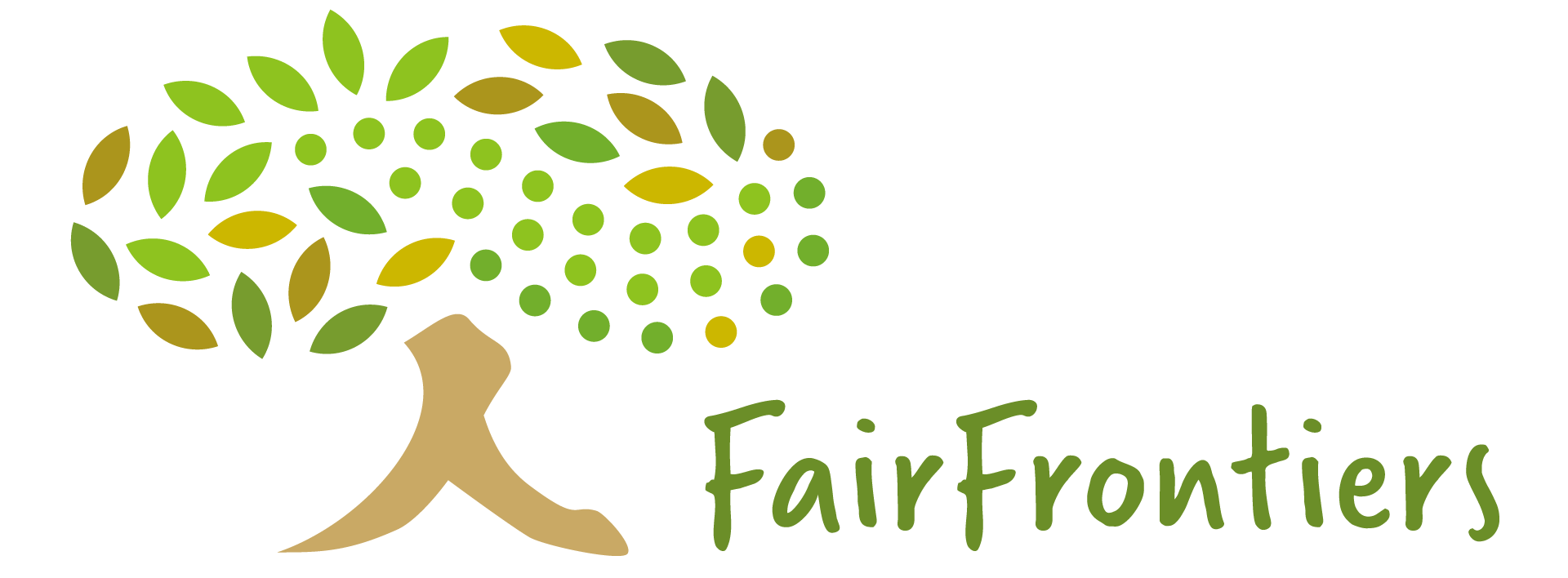Part 4, Chapter 13: The rights of local and indigenous peoples in the light of forest and conservation policies
Authors : Raphael Tsanga, Samuel Assembe-Mvondo*, Guillaume Lescuyer, Cédric Vermeulen, David Andrew Wardell, Marie-Ange Kalenga, Laurence Boutinot, Phil René Oyono, Gretchen Walters, Olivier Hymas, Fernande Abanda Ngono, Jean-Claude Nguinguiri, Eugenio Sartoretto, Sandra Ratiarison
*Project member
Summary
After years of uncertainty and hesitation, probably due to a lack of conscience inherited from colonial administrations, the issue of the rights of local and indigenous peoples has become very topical, both for policymakers and for forest managers. Therefore the Central African Forest Commission adopted subregional guidelines on participation of these stakeholders in sustainable forest management. This chapter reviews the effectiveness of how people’s rights are addressed in production and conservation forests.
The data show that progress in people’s rights has been faltering in production forests. On the one hand, the remarkable expansion of social forestry and the strengthening of legal frameworks affirm the recognition and respect of rights. On the other, implementation is proving difficult, as the legal configuration of recognized rights is often at odds with the legitimacy of local practices. Advances in the normative framework are hampered in practice by the complexity and cost of procedures, thereby cancelling out the expected effects of social forestry.
With regard to conservation forests, improvement is needed in data and knowledge on the socioeconomic and environmental impacts of the implementation of legal provisions. The planned expansion of protected areas must take better account of the human rights of local and indigenous populations, especially where strict protection is being considered. However, several community-rights based approaches (social safeguards, risk analysis, informed and prior free consent, complaint management systems) are currently being experimented, often as part of delegated conservation management to private bodies.
For a summary of the full report (English and French), click here
